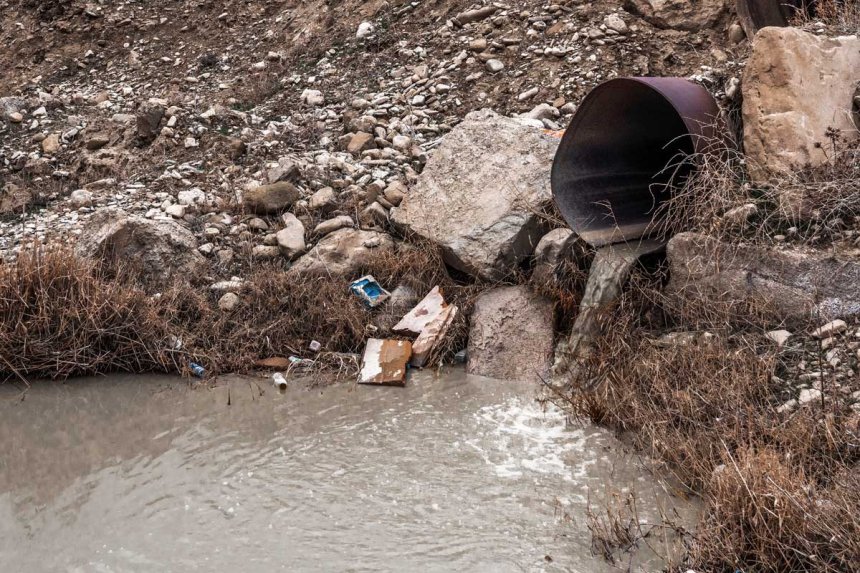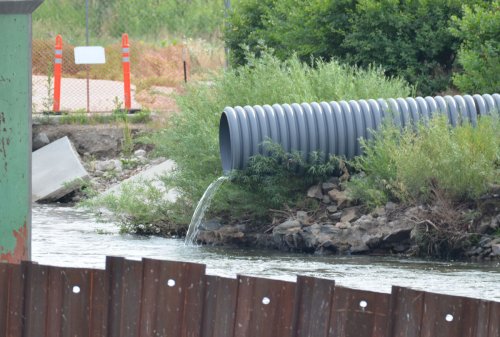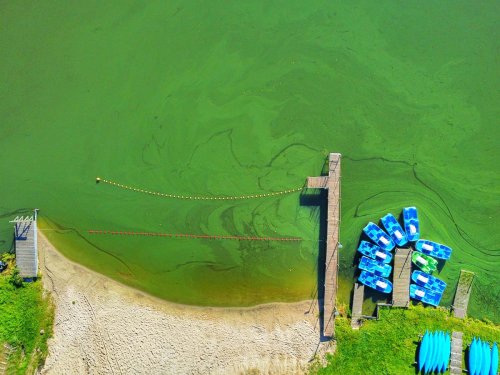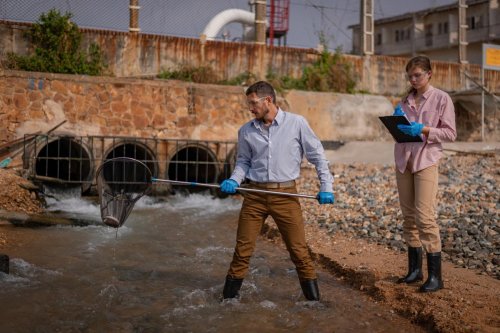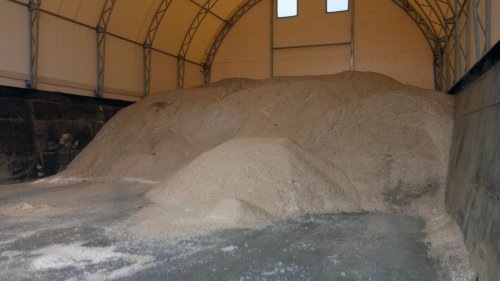The Importance of MS4 Programs in Stormwater Management
MS4 programs play a crucial role in safeguarding water quality, reducing flood risks, and promoting sustainable urban development. By implementing effective stormwater management practices, municipalities can protect natural resources, comply with regulations, and create healthier, more resilient communities.

Understanding MS4 Programs
Municipal Separate Storm Sewer System (MS4) programs are essential regulatory initiatives designed to manage and control stormwater runoff in urban and suburban areas. These programs are mandated under the Clean Water Act and regulated by the Environmental Protection Agency (EPA) to help municipalities reduce pollution from stormwater discharges into local waterways.
Unlike combined sewer systems that mix stormwater with wastewater, MS4s collect and discharge stormwater separately, often without treatment. Without proper management, this runoff can carry pollutants such as oil, heavy metals, sediment, fertilizers, and bacteria into rivers, lakes, and streams, leading to environmental and public health risks.
Why Are MS4 Programs Important?
1. Protecting Water Quality
One of the primary goals of MS4 programs is to prevent pollutants from entering natural water bodies. Stormwater runoff can pick up contaminants from roads, construction sites, and residential areas, ultimately discharging them into waterways. MS4 programs implement best management practices (BMPs) such as sediment controls, green infrastructure, and public education to reduce this pollution and maintain clean water supplies.
2. Preventing Flooding and Erosion
Uncontrolled stormwater can overwhelm drainage systems, leading to localized flooding, property damage, and infrastructure deterioration. MS4 programs help manage runoff by promoting proper drainage design, detention basins, permeable surfaces, and vegetation buffers to slow and absorb excess water. This reduces the risk of flash floods and soil erosion, protecting both urban and natural environments.
3. Enhancing Public Health and Safety
Polluted stormwater can introduce harmful bacteria, chemicals, and debris into recreational waters, drinking water sources, and aquatic ecosystems. MS4 programs address these risks by implementing water quality monitoring, spill prevention measures, and public outreach campaigns to encourage responsible practices such as proper disposal of chemicals and pet waste management.
4. Promoting Sustainable Development
Many MS4 programs encourage the use of green infrastructure, including rain gardens, bioswales, and permeable pavement, to naturally filter and absorb stormwater. These approaches not only reduce runoff but also enhance urban aesthetics, improve air quality, and support local biodiversity. By integrating sustainable stormwater management into city planning, MS4 programs contribute to resilient and environmentally friendly communities.
5. Compliance with Environmental Regulations
Failure to comply with MS4 permit requirements can result in significant fines and legal consequences for municipalities. By implementing effective stormwater management strategies, local governments can avoid regulatory violations while contributing to broader environmental protection efforts. MS4 programs also provide guidelines and training to businesses and residents to ensure compliance with stormwater regulations.
Key Components of MS4 Programs
MS4 programs typically focus on six minimum control measures (MCMs) outlined by the EPA:
1. Public Education and Outreach – Raising awareness about stormwater pollution and encouraging community involvement.
2. Public Participation and Involvement – Engaging citizens through clean-up events, storm drain marking, and policy input.
3. Illicit Discharge Detection and Elimination (IDDE) – Identifying and eliminating unauthorized discharges into stormwater systems.
4. Construction Site Stormwater Runoff Control – Regulating and enforcing erosion and sediment controls on construction sites.
5. Post-Construction Stormwater Management – Ensuring long-term stormwater control measures for new developments.
6. Pollution Prevention and Good Housekeeping – Implementing best practices in municipal operations to reduce stormwater pollution.
MS4 programs play a crucial role in safeguarding water quality, reducing flood risks, and promoting sustainable urban development. By implementing effective stormwater management practices, municipalities can protect natural resources, comply with regulations, and create healthier, more resilient communities. Continued investment in MS4 programs ensures long-term environmental and public health benefits, making them a vital component of responsible urban planning and water conservation efforts.


